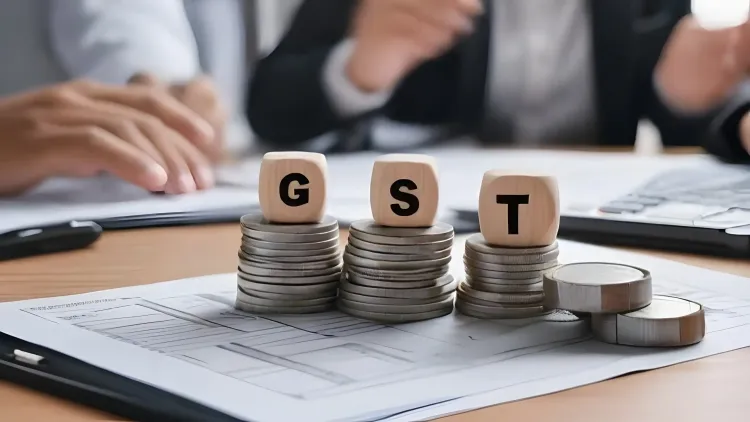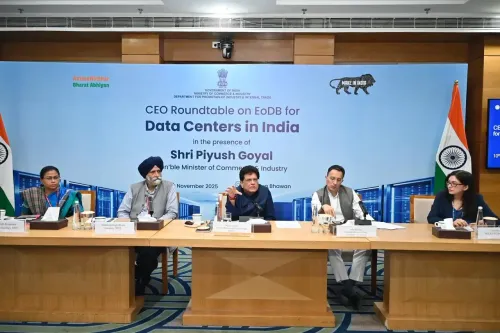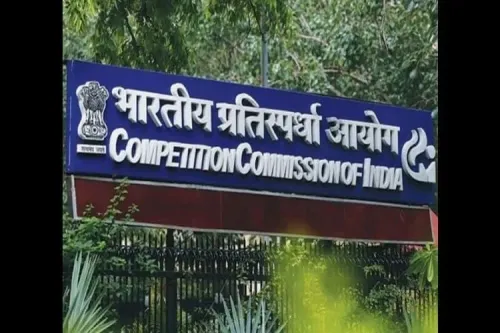Are GST Reforms a Boon for Consumers?

Synopsis
Key Takeaways
- Recent GST reforms have been positively received by traders across India.
- Lower tax rates on essential goods will ease consumer burden.
- Amul has reduced prices on over 700 products following the tax cuts.
- The reforms are expected to stimulate demand and support millions of families.
- Overall, these changes are seen as beneficial for the economy.
New Delhi, Sep 22 (NationPress) Traders nationwide expressed their approval of the recent GST reforms on Monday, describing them as a pivotal move towards Prime Minister Narendra Modi’s vision of an ‘Atmanirbhar Bharat’.
They believe that the reduction in tax rates on various products will alleviate consumer burdens and stimulate demand in the long term.
Jayen Mehta, Managing Director of the Gujarat Cooperative Milk Marketing Federation (GCMMF), which oversees Amul products, noted that the GST reduction has led to lower prices for numerous dairy items.
“The GST on ice cream has been slashed from 18 percent to 5 percent, while butter, ghee, and cheese are now taxed at just 5 percent instead of 12 percent. Additionally, long-life milk and paneer have been shifted to a zero percent GST category,” he explained.
Mehta further stated that Amul has transferred the benefits of the reduced GST to consumers by decreasing prices across over 700 products.
“This will enhance consumption, which will ultimately benefit 3.6 million farmer families linked with Amul and nearly 8–10 crore households reliant on dairy throughout the nation,” he highlighted.
Arun Gupta, President of the Chamber of Commerce and Industry (CCI) Jammu, referred to the reform as a “Navratri gift” from Prime Minister Modi to the populace.
He asserted that reduced GST rates on essential items and services, including educational materials and health insurance, will provide significant relief to middle- and lower-income groups.
CCI Chhattisgarh President Amar Parwani emphasized that this decision would directly spur consumer spending, promoting growth in manufacturing and job creation.
“I extend my gratitude to both the Prime Minister and the Finance Minister for this crucial initiative,” he remarked.
Reflecting similar views, Amit Goel, General Secretary of the Runawala Businessmen Association, stated that the most substantial relief has come from the reduced GST on everyday items.
“An increasing number of individuals will now find essential products affordable within their budgets,” he noted.
Sanjay Gupta, President of the Raghunath Bazaar Association, also welcomed the initiative, indicating that the demand for a simpler GST structure has lingered for too long.
“With lower rates, products will become more affordable, prompting increased consumer purchases. Overall, this is a favorable move that will enhance consumption and benefit the general public,” he stated.
Vinay Chandra, a small business owner, mentioned that the policy to categorize milk and other essential food items under the zero percent GST is a significant relief.
“Previously, many essentials had a 5 percent GST, but now transitioning them to zero will directly aid impoverished families. It will also help reduce kitchen expenses and support household budgets,” he concluded.









